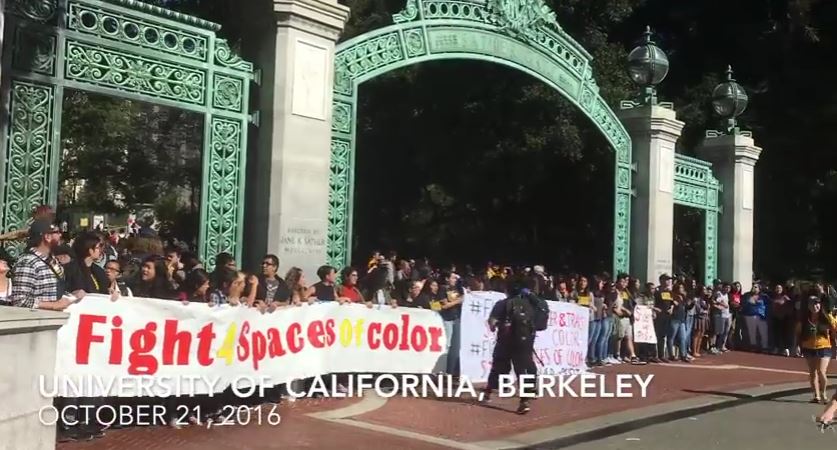Faculty Should Not Govern Free Speech

As universities continue to be roiled by a debate over which speakers, and which viewpoints, can and should be heard on campuses, some concerned administrators, faculty, and students have sought ways to mitigate the increasing number of events during which heckling, intimidation, and even physical violence were used to foreclose unpopular speech.
Those who have led these protests against conservative viewpoints—progressive students, Muslim students, leftist professors, Antifa, Black Lives Matter, and others—have displayed a shocking disregard for the university’s cardinal virtue of free expression, deciding themselves who may say what about whom on their respective campuses, and purging from campuses those ideas they have deemed too hateful, too unsafe, too incendiary to tolerate or to allow to be heard.
Speakers who the left have designated as extreme right-wing, part of the alt-right—individuals like Milo Yiannopoulos, Ben Shapiro, Charles Murray, Heather MacDonald, as well as a host of others—have found themselves facing hostile audiences, who do their best to heckle, chant, scream, and jeer speakers they loathe, effectively shutting off any pretense for dialogue and an opportunity to hear alternate views.
When Antifa thugs and other illiberal Berkeley students marauded through campus to shut down a scheduled speech last February by conservative provocateur Milo Yiannopoulos—lighting fires, assaulting Trump supporters, and causing some $150,000 in property damage as they did—the apparent lesson learned by many who assessed the unfortunate events was not that the protestors’ unwillingness to let opposing views to be heard represented a grave threat to unfettered speech and expression; instead, the takeaway seemed to be that the disruptions and rioting were the fault of the conservative students groups who invited the controversial speakers in the first place, and that those shutting down so-called “hate speech,” any view inconsistent with liberal thought, were doing so defensively to prevent toxic, hurtful, or intellectually dangerous ideas from harming the sensibilities of the many coddled special interest groups on campus.
Guest speakers, of course, are invited to campus by student groups, but in the wake of a succession of controversial appearances by conservative speakers faculty also began to suggest different ways to avoid clashes of ideology, the most obvious one—in their minds, at least—being to more carefully vet individuals in advance and counsel student groups about potentially problematic speakers, based on their prior writing, speaking, teaching, and celebrity. This process sounds innocuous enough but is actually quite pernicious when the ultimate intent is to screen the views and ideologies of prospective speakers as a way of preventing them from ever coming to campus at all—in short, violating content neutrality when assessing permitted speech and proscribing certain views in advance.
One recent instance where a professor expressed his view that faculty should be actively involved in the selection of speakers was an October op-ed in The Chronicle of Higher Education in which Mark Edmundson, a professor at the University of Virginia, suggested that faculty members, not students, should “decide who gets to speak on campus.” “Free Speech Week was sponsored by a student group,” he wrote, referring to a four-day Berkeley event to host conservative speakers, “and yet it seems to me an open question whether students should be allowed to issue such invitations.”
“University speaker programs are an extension of the intellectual and pedagogical life of the institution,” Edmundson wrote. “And that life should be directed by the faculty. We are the ones who know, or should know, what outside speakers are likely to be edifying.” But hinting at which speakers this professor is likely to deem “edifying,” ignoring the reality that there is scant balance in teaching or thinking on almost every university campus today, Edmundson optimistically contends that, “Presenting a balanced slate of speakers would be our job, just as it’s our job to offer counterthrusts to the overall direction of our teaching.”
Richard L. Cravatts, PhD, president emeritus of Scholars for Peace in the Middle East, is the author of Dispatches of the Campus War Against Israel and Jews.




